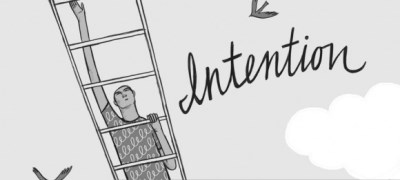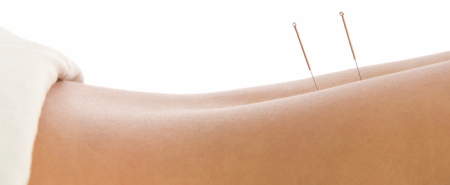Simple Steps to Increase Your Self-control

by Maureen Cromey
An Acupuncturist and Chinese Medicine Expert
“I can resist everything except temptation” - Oscar Wilde
Life is a journey and as we move through it we have plans to progress and improve. From the moment we open our eyes we are working on improving our lot. We try hard to crawl then walk. We insist on feeding ourselves and then learning to speak gabbling incoherently until eventually we are understood.
We start nursery school, we learn to count, sing, and even get dressed without any help. The rewards for our efforts are great, independence, choice, a sense of achievement. Somewhere around this time we learn that actually school is compulsory, that we have to learn our tables and we cannot chat constantly during our lessons. It is no longer all about fun. There is a choice to take the path of more instant pleasure, not to study, to continue to chat in the classroom, to stuff sweeties at every break, or to forgo these and strive for the bigger goal. A good job, top of the class or healthy teeth.
Some kids have the ability to see the bigger picture and forgo the short term pleasures and they have self-control, they enjoy studies, listen attentively and eat modestly whilst others do not. Why the differences?
Self-control when viewed from the outside can seem austere, dull and boring, the denial of self-expression and the antithesis of pleasure.
In its purest form self-control is simple; it is about making a choice to achieve a longer term change by shifting old, ingrained, limiting and often harmful habits. These may be emotional patterns or lifestyle habits, not allowing enough time for exercise or eating an inappropriate diet. It could be addictive behaviours such as partying so hard that your life and family are affected by mood swings and substance withdrawal. It can be addiction to old relationships or co-dependency hindering your ability to move on in life forming new, fresh, more nourishing bonds. It may be self-sabotaging where you allow yourself to fail early on, avoiding the perceived stress of success. Self-control or the apparent lack of self-control is a very complex subject. But like all complicated things is best simplified and achieved in stages.

To change a habit the first step is to know your intention. This needs to be positive, not too vague or large and to be what you want. Not what someone else wants. There is no need to be perfect in life, this is almost impossible. Nor to deny pleasure. Start with something that you would really like to achieve and focus on that. Be kind to yourself in other ways and remember that each journey starts with one small step.
The next step is preparation. You make a plan – when, how and where. Refine this plan, consider if it is right for you, is the timing good and is it really what you want?
Preparation may be as simple as finding substitute foods for dietary changes or buying some new running shoes if you intend to increase exercise. For emotional issues you may need more support – counselling or psychotherapy. The low esteem and confusion that can arise from relationship problems or bullying can make it very difficult to understand what is happening and why it can be very difficult to get away from these relationships.
Preparation is an important phase and it is possible that you may swing between this and the next one which is Action for a while. Take your time with each stage and be prepared to review them.
Action. You will start full of enthusiasm, and the better your preparation and intention the easier this will be. BUT there will be very wobbly moments... the temptations and urges. These are normal and to be expected. In fact they are a sign that you are well on in the fight to change your habits. It takes a good month to change a habit so if and when you feel wobbly remember your intention and the support you received. If you fall back at this stage review your intention and preparation, consider if this change is right for you. Are you trying to do too much straight away?
We need motivation. Picture yourself having made the changes, how do you feel, are you content relaxed, happier? Then picture yourself staying as you are, how does this compare?

It is at this point that acupuncture really comes into its own. It helps with addiction both emotional and physical, releasing old qi patterns and opening the whole person to change. Old habits store much emotional baggage and when this is released these repressed emotions are briefly yet intensely experienced, grief, loss, anger and anguish spill out and are released back into the Tao.
This enormous release is incredibly liberating, sometimes there are a few tears and as this passes there is a feeling of clarity and inner peace and we finally feel what is right for us. The barriers that prevented change have gone.
I have seen so many people make tremendous decisions after just one treatment. They have always wanted these changes but until this point could not quite reach them. Their energy was blocked.
Once you have changed, integrate this into your new life. Self-control won’t really be an issue because it is just a matter of choice and you really know what you want.
It takes a month to change a habit. That’s not long at all.
“The journey of a thousand miles begins with one step” - Lao Tzu
